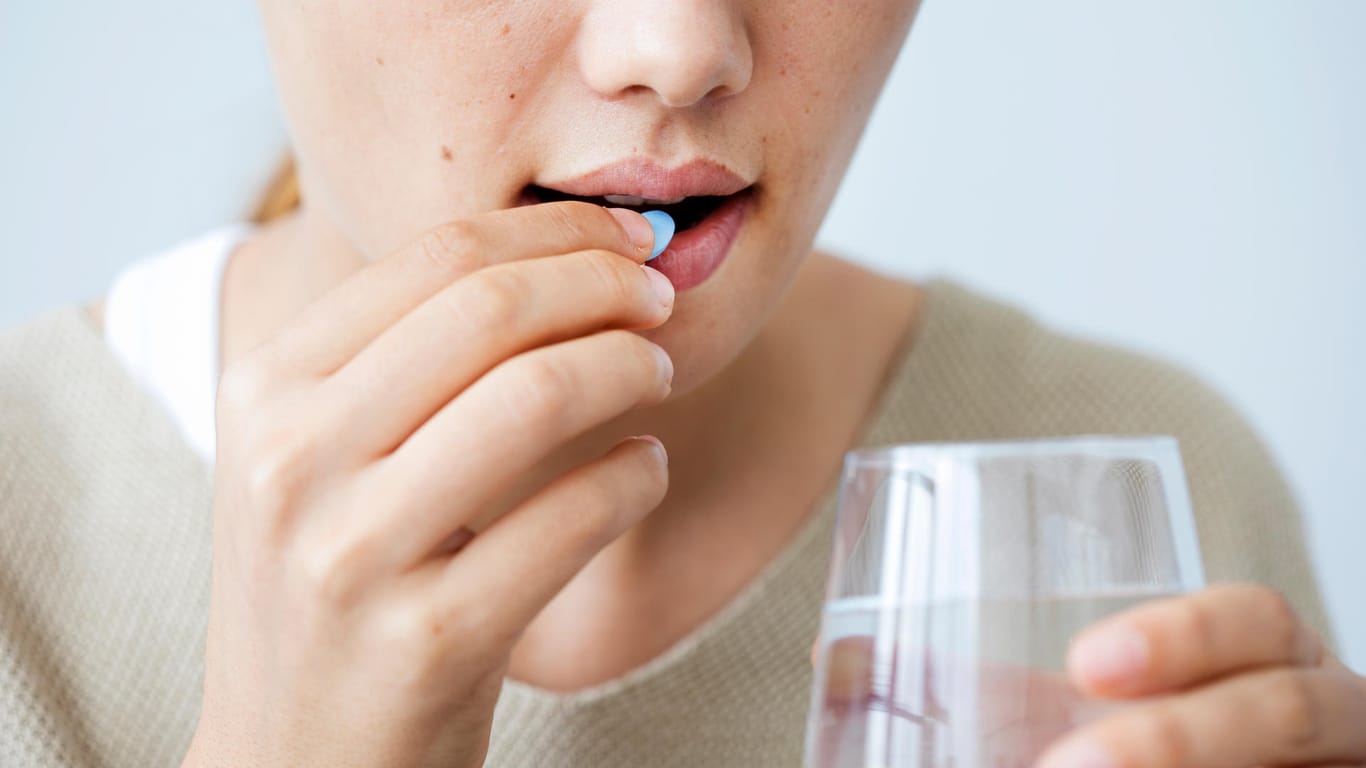Anyone taking antibiotics is not allowed to drink alcohol? Yes: Whether alcohol consumption should be avoided during treatment depends on the antibiotic.
Antibiotics are medications that counteract bacterial diseases – for example infections of the urinary tract, lungs or tonsils caused by bacteria. Every available antibiotic only works against certain bacteria. Therefore, many antibiotic active ingredients have been developed that can be used depending on the type of causative bacterium.
Not all antibiotics are the same: There are now more than 15 classes of substances that differ in their chemical structure and mode of action. The rules that need to be followed when taking them are also different – for example with regard to alcohol.
Whether alcohol consumption is risky as part of antibiotic therapy does not only depend on the exact medication. The illness and other health conditions of the sick person also play a role. Anyone who is prescribed an antibiotic should therefore first discuss with their doctor whether it is acceptable to drink alcohol during treatment – and if so, how much.
Antibiotics and alcohol consumption – when symptoms threaten
Anyone being treated with one of the following antibiotics should avoid alcohol, otherwise unpleasant and sometimes risky symptoms may occur:
- Isoniazid, a tuberculosis drug
- Protionamide, also an anti-tuberculosis drug
- Cotrimoxazole, a combination of the active ingredients trimethoprim and sulfamethoxazole, which is used to treat some respiratory infections, for example
- Ceftriaxone, which is one of the cephalosporins and is administered into the vein, is only used for certain severe infections (with more common cephalosporins, moderate consumption of alcoholic beverages is usually possible)
- Metronidazole, which can help against certain infections of the gastrointestinal tract and vagina
- Linezolid, which is used for certain infections of the lungs and skin that those affected usually contract in hospital and against which other antibiotics are ineffective (resistant).
The symptoms associated with alcohol vary depending on the drug.
Anyone who consumes alcohol during therapy with isoniazid and protionamide runs the risk of their liver being damaged and inflamed, resulting in hepatitis.
There is evidence for isoniazid, cotrimoxazole, ceftriaxone or metronidazole that they can interfere with alcohol metabolism. The body first converts alcohol into the toxic acetaldehyde, which causes most of the unwanted side effects and after-effects of intoxication. Certain enzymes then break down the acetaldehyde so that the symptoms subside again.
However, if the body is under the effect of one of the antibiotics in question, the enzymes may no longer be able to do their job properly. As a result, more acetaldehyde accumulates in the organism, which can cause severe symptoms – including nausea and vomiting, dizziness, headaches, diarrhea, shortness of breath and a racing heart.
This type of interaction with alcohol is not a concern with linezolid and tedizolid. However, when combined with beer and red wine, these active ingredients can increase blood pressure, which can be particularly problematic for people with high blood pressure.
This is not because of alcohol, but because of another substance that is in these drinks: tyramine. This is a natural substance that forms in certain foods that have to ripen during production and/or are stored for a longer period of time. These include many types of cheese, certain types of fruit such as bananas and pears – and certain alcoholic drinks such as beer and wine.
Tyramine is initially harmless. When the body is given larger amounts of it, certain enzymes can usually easily break it down. However, linezolid and tedizolid inhibit these enzymes. As a result, tyramine increasingly accumulates in the body, which can result in the aforementioned increase in blood pressure.
Does alcohol reduce the effectiveness of antibiotics?
Most antibiotics also work if you consume alcohol at the same time. However, there are exceptions, such as the drug erythromycin, which can be used for, among other things, whooping cough , bacterial bronchitis or middle ear infections. If the person being treated drinks alcohol, the effect of this antibiotic may be delayed.
Antibiotics and alcohol – when are they safe?
With many commonly prescribed antibiotic agents, devastating consequences are usually not to be expected if the sick person consumes small amounts of alcohol during treatment. For example, there is no risk of interactions with penicillins, common cephalosporins, fluoroquinolones as well as clarithromycin and azithromycin.Nevertheless, alcohol consumption during therapy is not without danger: Anyone who is sick and drinks alcohol always takes a risk – if only because the drug puts additional strain on the body.

